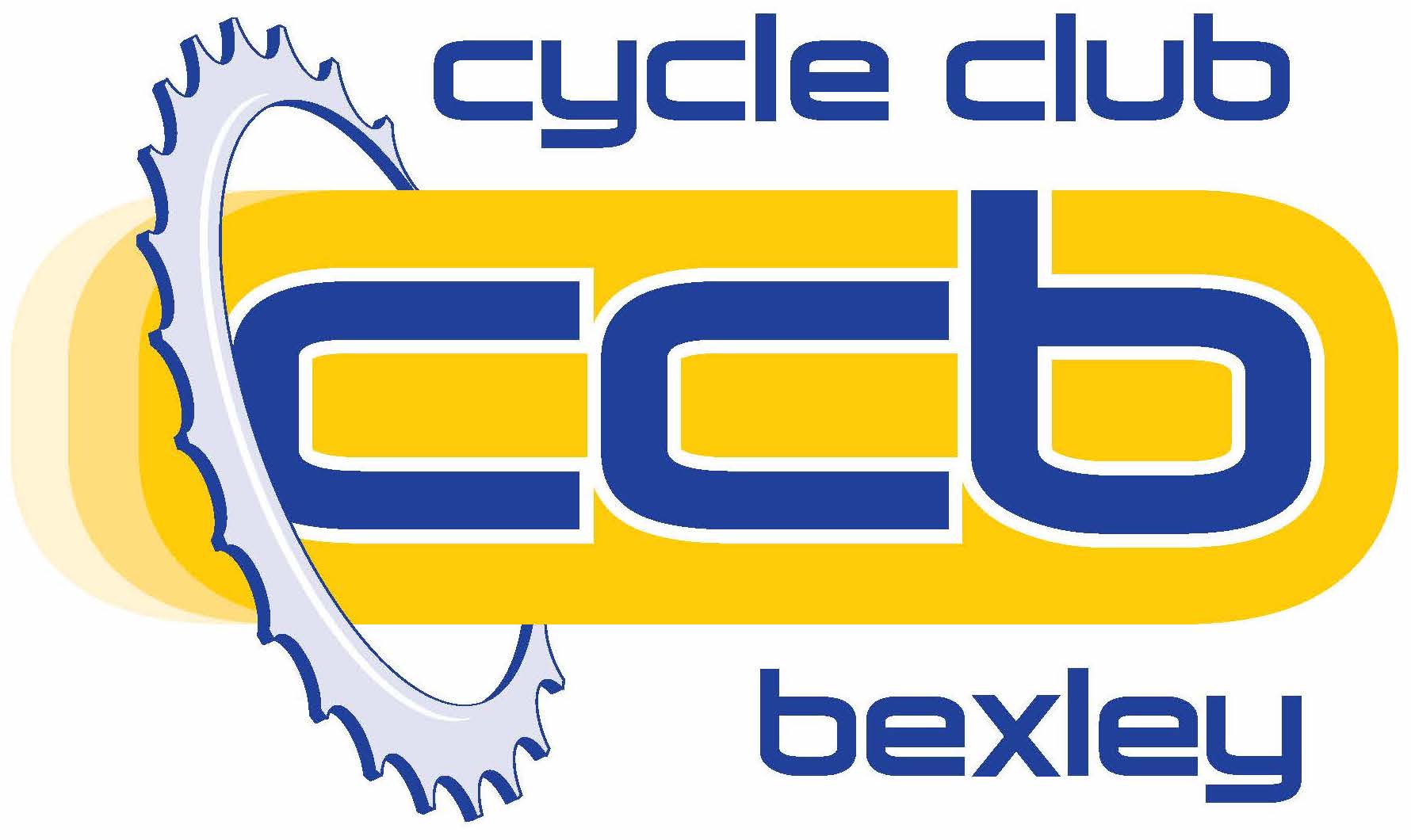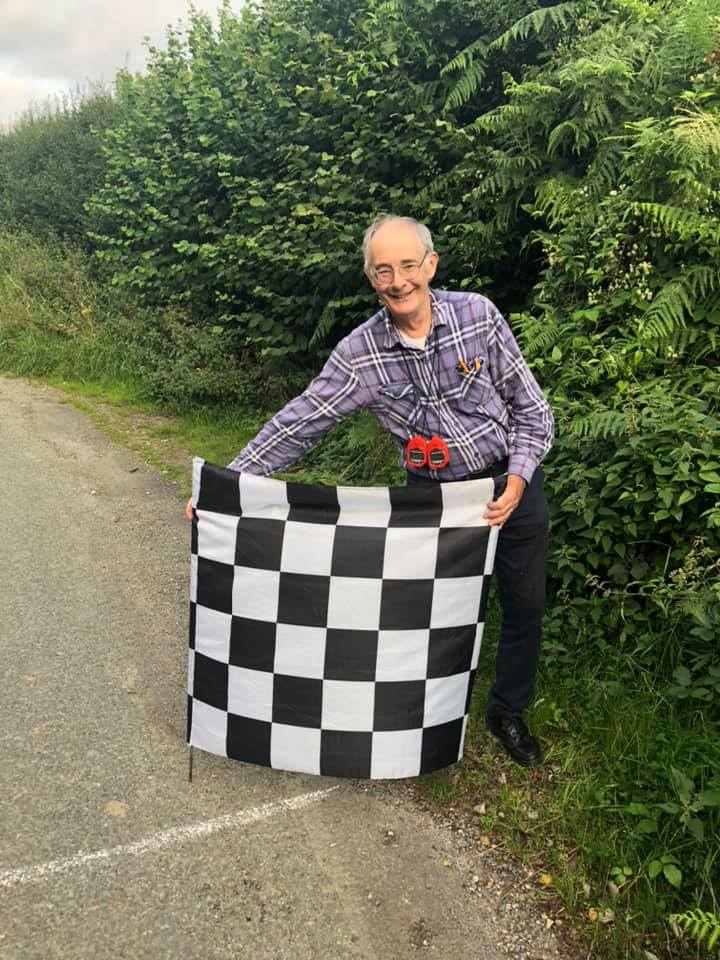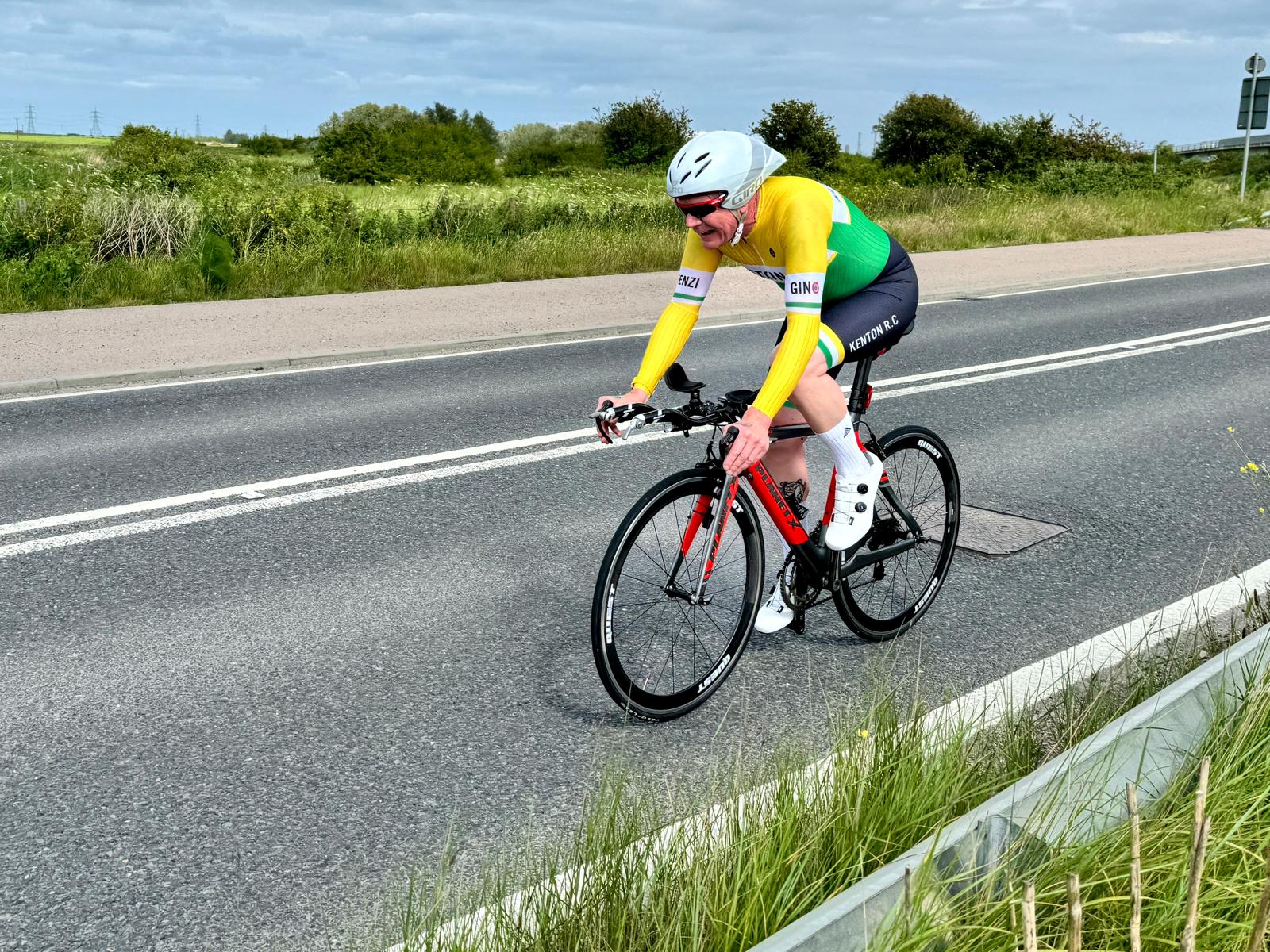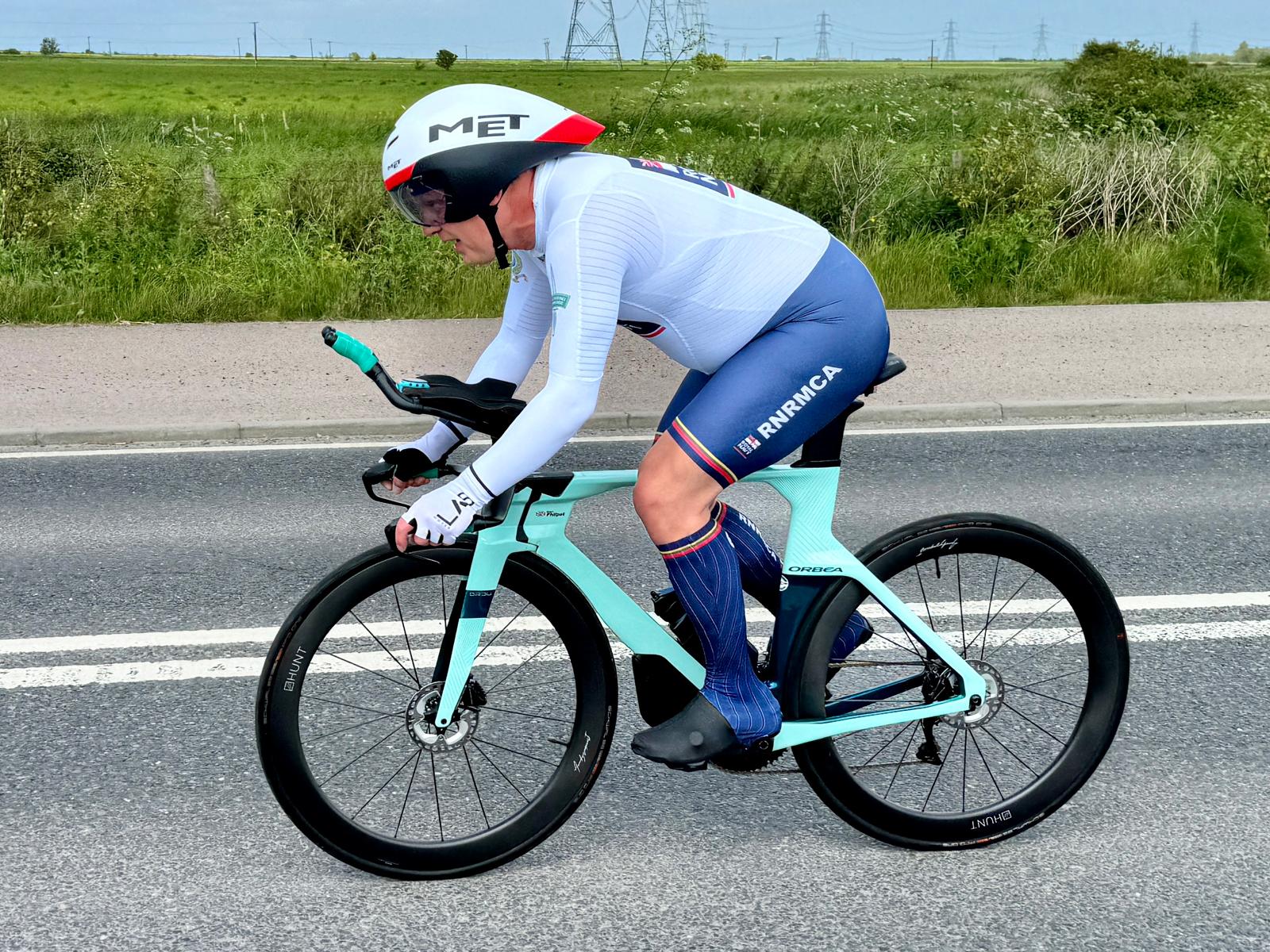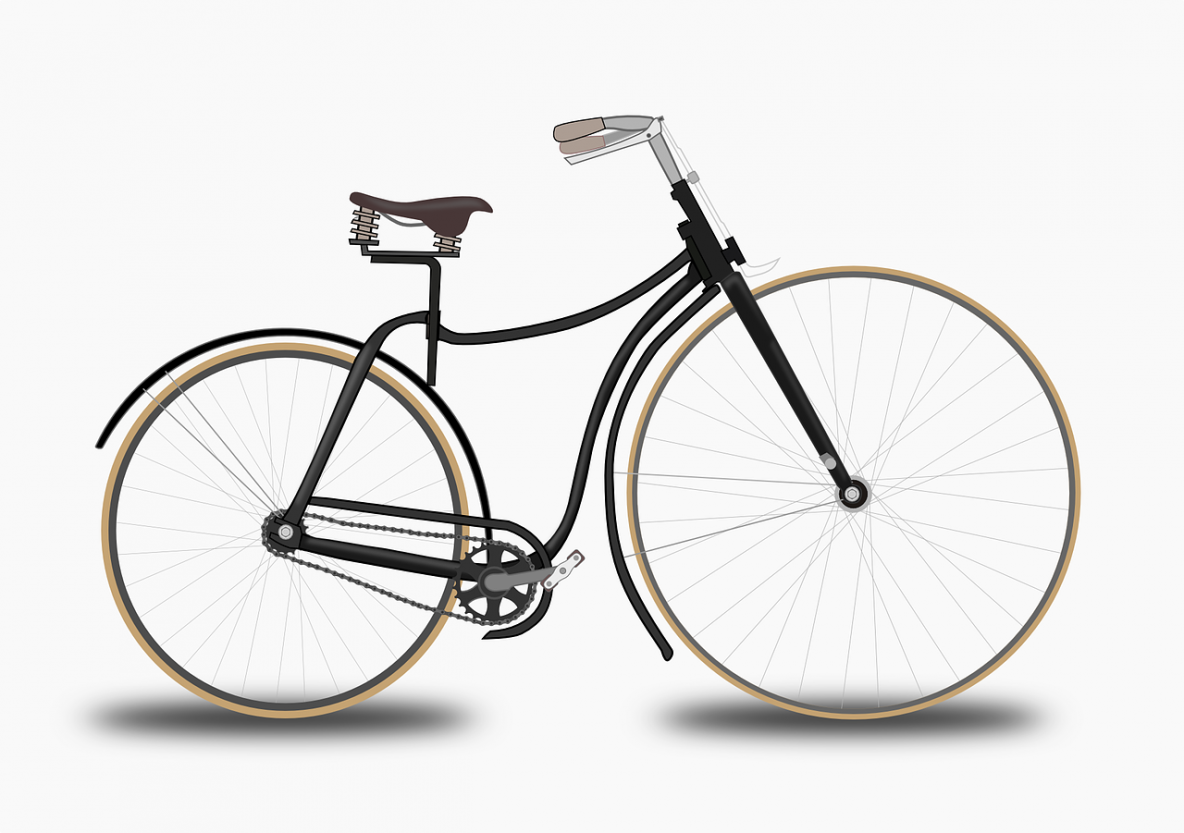https://www.cyclingtimetrials.org.uk/course-details/qs-26
Fred Jones
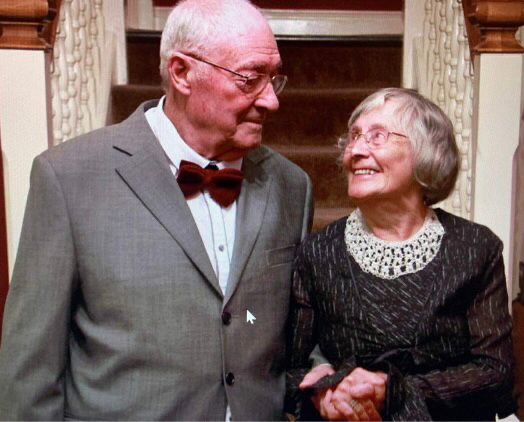
It is with sadness that I learned of the recent passing of Fred Jones and would like to extend his families invite to attend his funeral on the 8th March at 11:15 at Eltham Crematorium.
I first met Fred in early 1980. He like Ray Appleby with Colin, had been drawn into Cycle Club Bexley by his son Peter. Colin and Peter were the fast youngsters that I aspired to when I started racing, whilst Ray went on to be a good mate and prolific club member breaking many Vets records. Fred however didn’t get the racing bug and instead he stepped up at the (I think) 1981 Club AGM to fill the very large shoes of the Club President and outgoing Treasurer Arthur Boxall.
The symmetry being that the Fred years are sandwiched by the Boxall family and having only three treasurers in 56 years must be some kind of record – all three have given many, many years’ service keeping our books balanced and straight, with Fred being our treasurer for around a quarter of a century. After he handed over the treasury duties, Fred was honoured for his very long service to the club when he was asked, accepted and became President of Cycle Club Bexley.
Fred didn’t just help with his official job in the club counting house, he also held up 1000’s of riders over the years giving them the ‘famous’ Fred push-off…which was worth several seconds in a ten and probably gave me my only ride inside 23 minutes on the club course. He was also a great joke teller, in the style of Dave Allen…they were very long and drawn out with a brilliant punch line at the end and became part of the committee meeting standing agenda; the committee meeting could not be concluded without a joke from Fred.
Outside official duties Fred was a great supporter of the social side of the club and I was lucky enough to go on a number of trips with Fred over the years, including Gent, Antwerp and the infamous day trip to Boulogne (you will need to ask an older member about that!!!)
He was always a great person to keep the spirits up and help you see the funny side of life, which I always suspected was due in part to his job travelling around the UK as a welfare manager for the CEGB helping people that were in need of support. It was just in his nature to be kind and caring and very calm and with his calmness saving a club open event when a car drove into our own Keely Corder out on the course; when the Police arrived at the HQ demanding paperwork, Fred stepped in, calmly took over, stopped the panic and ensured everything continued as normal with a simple and absolute clarity to get things done whilst keeping the event running.
Sadly for us all, towards the end of his life Fred developed a form of Alzheimer’s which ended his joke telling and his participation within the club; his last club appearance was at the club dinner about 6 years ago where he stood and said a few words to the guests.
May he find his fellow club members in heaven, in a pub garden in the sunshine and sit them down with a beer ready to tell them a good (long) joke.
Ian Finch Feb 2022
Open 10 Results – Isle of Grain
Results Open 10 Isle of Grain - 2024
Results Open 10 Isle of Grain - 2023
Results Open 10 Isle of Grain - 2022
Results Open 10 Isle of Grain - 2021
Results Open 10 Isle of Grain - 2020
Cancelled due to Covid 19
Results Open 10 Isle of Grain - 2019
Results Open 10 Isle of Grain - 2018
Results Open 10 Isle of Grain - 2017
Results Open 10 Isle of Grain - 2016
Results Open 10 Isle of Grain - 2015
Share CCB's Open 10 results page
Fuelling
FUELLING
FUELLING
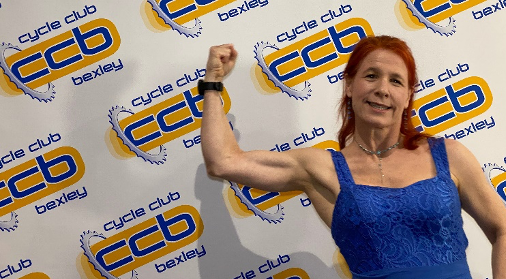
Fuelling well, before, during and after rides: Reduces your Rate of Perceived Exertion, or allows you to ride Harder .......you decide.
It also helps to support your immune system and maintains a positive mental mood. For all, but the specialist ultra-athletes, carbohydrate (carbs) is the most effective method of fuelling.
Carbs that we eat are converted to glucose. When our bodies have more glucose than we need, it is converted to glycogen and stored in the muscles and liver. Low glycogen stores and poor fuelling on the bike can lead to mental and physical fatigue and poor performance. By fuelling our rides in the right way, we can actually train our muscles to store more glycogen. We can enjoy more fun and more power on the bike.
Types of carb:
Fibre: whole gran in cereals, wholegrain flours, breads, vegetables, pulses, nuts and seeds.
Starches: pasta, rice, potatoes, noodles, pulses, bread, oats, cereals, vegetables, seeds, nuts, grains and flour products.
Sugar: glucose, fructose, sucrose, lactose, maltose, sugars.
We all know we need to include healthy carbs in our diet, high in fibre and low in added sugar. This helps to promote the storage of glycogen, whilst providing our bodies with the right nutrients that are not too calorie dense.
As we get closer to the ride/training session/race, we need to reduce fibre and increase sugar, so we have an easily converted fuel supply.
Before the Ride
It is best to eat a Carb centric meal 3-4 hours before riding. 1-2 hours before the ride, we can top up with an energy bar/banana or equivalent. With less than 15 minutes to go (to avoid a drop in insulin levels) simple fructose/glucose - gel/shot blocks/energy drink/dates/honey.
Many people talk about “carb loading” before an important ride/race. This helps to ensure a good storage of fuel to be used during the race. However, this can lead to gastric distress, as our gut struggles to cope with an increased volume and potentially different food.
The following table provides a guide to carb intake for a specific event and for a long-term training schedule. Adequate carb intake on a daily basis can ensure adequate fuelling with less opportunity for gastric distress.
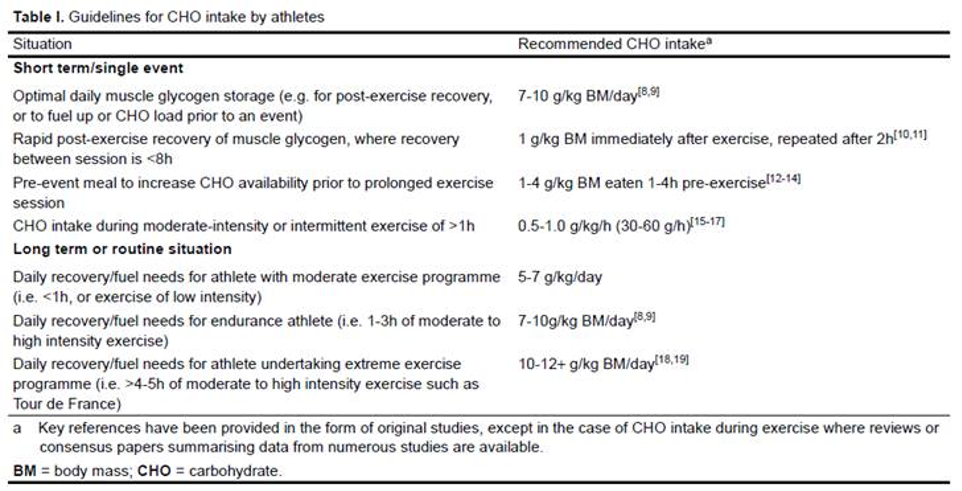
A note on exercise times: this is moving time and does not include chat stops 😉
During
For events/rides longer than an hour and of moderate RPE or above (4 and above), we need to be fuelling on the bike. We should have enough glycogen stores for 90 minutes, but it depends on how efficient we have become in that storage and utilising that fuel. We are training our bodies to become efficient at storing and utilising carbs. We are training our gut to cope with processing carbs on the bike.
Fuelling a shorter, intense ride helps us to ride longer tomorrow.
For best performance, take in 60-90 grams of carbs per hour, small amounts every 15-30 mins. Ideally this should be 2:1 glucose to fructose, in the form of an energy drink/ bar or gel. The number of grams in items is written on products or can be easily Googled. You will become an expert in adding up the units which work for you and know what you need to eat and when. Some people cannot absorb fructose, without causing stomach upset, so it is about finding which foods work for you.
Recovery
Within 30-40 mins after riding (less time for women) we need to consume food/drink of a 3:1 carb to protein ratio. This can be a slice of cake in the café, but consider how to get some protein in. This could be a milkshake or latte. On a daily basis though we need to make sure we are getting enough nutrients. I like to have a recovery shake. I have tried out various brands and have found those with fructose have a negative impact on my gut. Anything which does this is not being absorbed effectively as it should be. For some of you, a glucose -fructose will be the perfect fuel and recovery.
Be safe and keep training.
Jo Hitchen
Rate of perceived exertion
RATE OF PERCIEVED EXERTION - RPE
RATE OF PERCIEVED EXERTION - RPE
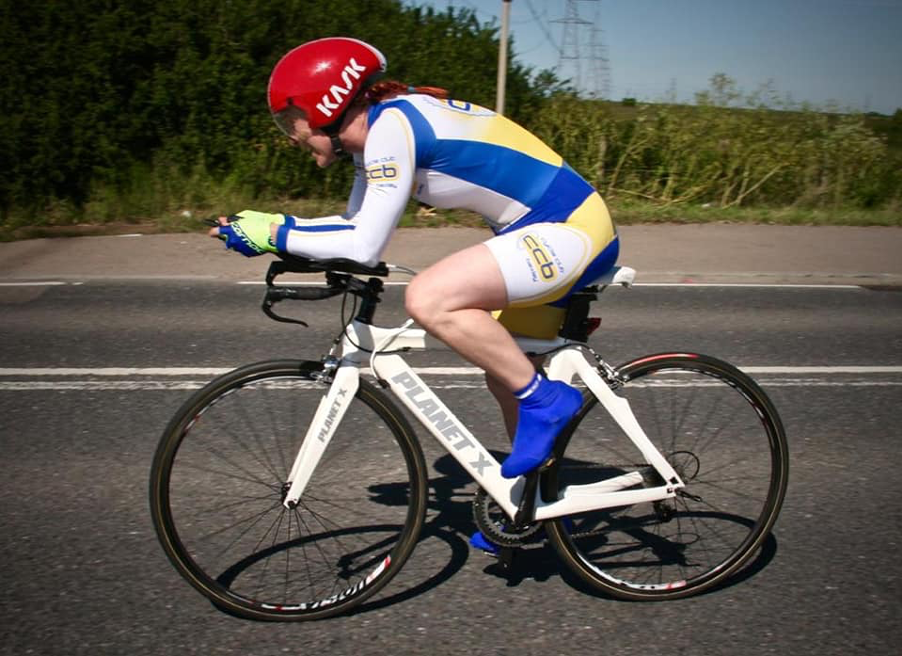
Some of our members will think this information is not for them – they don’t want to race, it’s just for fun, they don’t want to spend money on expensive equipment and time looking at data; or even that they feel nervous about pushing their bodies too hard.
Don’t worry! We can begin by simply raising awareness of how our bodies are responding during our rides and this can help us get the most out of our time on the bike. Often, data driven performance analysis can lose sight of how we are actually feeling on the bike and this can lead to training mistakes like “over training”. This is why coaches are including how their riders are feeling in their performance analysis.
A well-established way of determining how we are feeling is Rate of Perceived Exertion – or put simply, how hard we feel we are working in that moment.
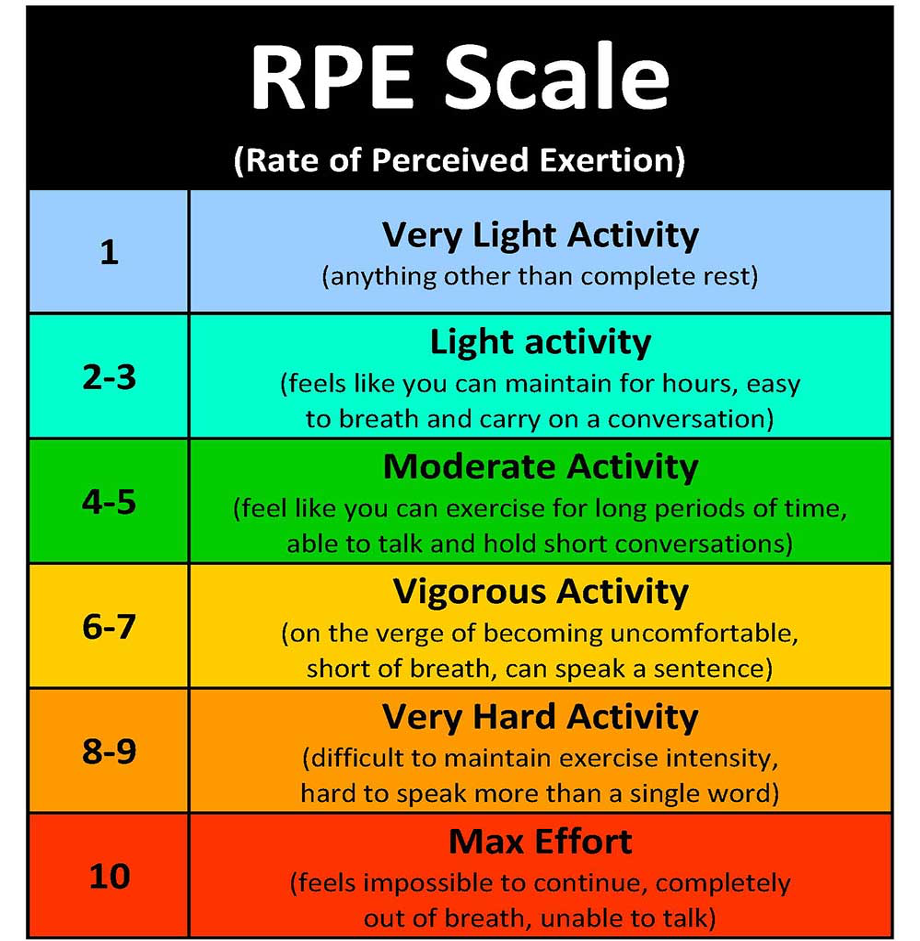
The RPE we aim for will change depending what our ride is. During a club ride, there may be moments at the 8-9 effort – aiming for a PR up a hill - but this effort is not sustainable for the whole ride. It is more likely that club riders will be at moderate to vigorous effort levels, depending on the speed of the group. There will be times of light activity, while we regroup/ eat cake 😊
10-mile TTs are all out efforts. We may drop to vigorous effort at some point downhill, but we need to be aiming for our effort to be in the 8-10 range, to get the most fun out of the ride 😉
RPE gets both interesting and useful when we consider that it can change from day to day, even though the ride is the same. We can go up a hill one day and feel that our effort was a 7-8. We can go up the same hill another day, with the same weather conditions, at the same speed and feel like our effort is 9-10. Why is this? What factors effect RPE?
- How rested are we? How many rides have we done this week and at what effort? Would we be better recovering with a level 3 effort ride? Or do our legs need a wake up with some short hard efforts?
- Have we had a lot of stress at work/home. Stress is stress, whether it’s “training stress” or life.
- SLEEP Both an indicator of high stress and an antidote to it.
- How hydrated are we? This can have a big impact on how we feel.
- COFFEE for those who respond well to caffeine (like me) it can really reduce RPE, enabling us to feel better pushing harder. Unfortunately, it also reduces sleep, when taken too late in the day.
- What we eat both off and on the bike can have a big impact on our energy levels. Just having a closer look at what we are eating and tweeking that a little, can help us get the maximum enjoyment out of riding.........more about that next time.
Jo Hitchin
John Healey
12 August 1935 – 4 November 2019
We are very sad to report that club member John Healey passed away suddenly on November 4, as a result of a heart problem.
John was a life-long cyclist who grew up in Fawkham. He joined his first cycling club, the Medway Wheelers, in 1952. John also took up tricycle riding and joined the Tricycle Association in that same year. While primarily known to many as a tricyclist, John was a complete allrounder who took part in nearly every facet of our sport over the many years he was involved.
I first met John at an inter-club grass track meeting in 1969, by which time his club had become the Medway Velo. In a field of mainly junior riders John was clearly the most experienced, and this showed in his riding, he had raced on the grass many times and had excellent bike-handling skills. John was a very accomplished tricyclist, and a 1968 Cycling report describing one of his many wins in tricycle kermesses on the Isle of Man included his picture with the caption ‘Kent’s top tricyclist’. This summed John up perfectly. He actually won 17 of these events on the Isle of Man between 1962 and 1976, and was without doubt the finest exponent of tricycle kermess racing our sport has seen.
John always said his successes in these events stemmed from his experience in road racing; he was also an accomplished roadman who had spent a summer living and racing in Belgium in the 1960s. John also rode very successfully in time trials at all distances, on both two and three wheels, he was a very strong hill climber, a cyclo-cross rider, and a place to place record holder – we think that he and Geoff Wiles still hold the Kent CA Gillingham to Canterbury and back tandem tricycle record. They set this in a winter snowstorm, and on a steep descent Geoff putting his head inside the back of John’s jersey to keep warm! Outside of racing John did much club riding and as he did not drive a car cycling was usually his means of getting about. He also went on many cycle tours – one of the first being to Lands End and back as a junior.
Around 15 years ago, after a less active period in his cycling, John joined the CC Bexley and resumed riding TA events in Kent and occasionally further afield. I caught him in one of these in 2006, only to break my chain a short distance further down the road. John insisted I should take his machine and carry on as I had a chance of winning, which I then proceeded to do. This was a great act of generosity on his part and something he had done for others on at least one previous occasion. John continued to race up to 2009, when a few health problems forced him to reduce his rides to shorter slower ones with friends to the café, but he always helped with marshalling or other jobs at the TA events.
Having attended Gravesend Grammar School and completed an apprenticeship, John spent the early part of his working life as a boilermaker at the BP Refinery on the Isle of Grain. Eventually he began to work extra hours there over the winter, enabling him to take the summers off completely, partly to allow himself more time for cycling. In later life John worked for himself, which again gave him more time for cycling.
John never married, but his funeral was well attended by his many friends, as well as his family. At the end of the service his great sense of humour shone through with the playing of the Ying Tong Song; he had always been a Goons fan. John was a great character, very much a one-off, and he will be sadly missed by all who knew him. We offer our deepest condolences to John’s sister Sylvia, and to the other members of his family.
Mark Vowells
